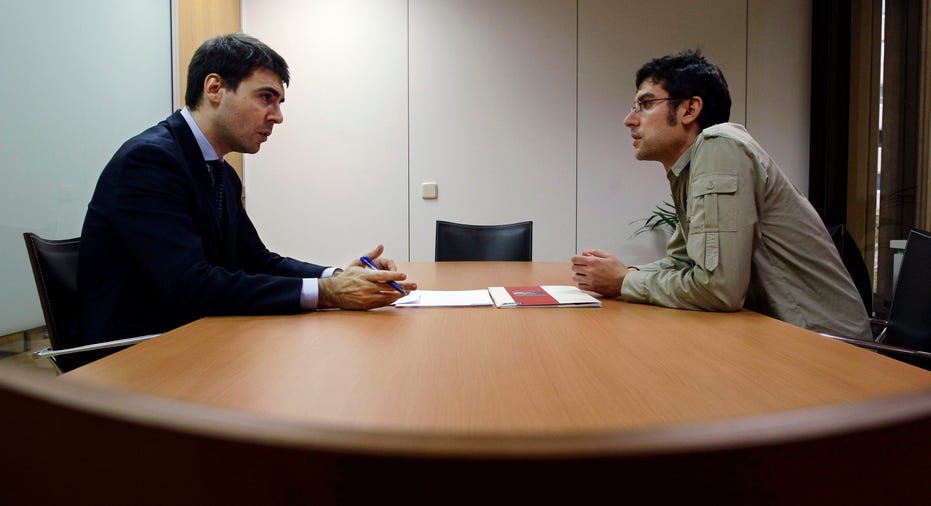Ten Reasons to Hire a Veteran

Hiring military veterans is good for business, according to a new study.
Conducted by the Washington think tank Center for a New American Security, the study uncovers why companies hire veterans and the challenges they face in doing so.
The 69 businesses examined, including AT&T, Bank of America, the Boeing Co., Kraft Foods and PepsiCo, provided a number of reasons behind their decision to hire veterans, including:
- Leadership and teamwork skills: Veterans typically have led colleagues, accepted direction from others and operated as part of a small team.
- Character: Veterans are perceived as being trustworthy, dependable, drug-free and having a strong work ethic.
- Structure and discipline: Companies appreciate veterans' experience in following established procedures.
- Expertise: Companies value veterans' occupational skills, job-specific experiences and understanding of the military community.
- Dynamic environment: Veterans are accustomed to performing and making decisions in dynamic, rapidly changing circumstances.
- Effectiveness: Company representatives report that veterans "get it done."
- Proven success: Some organizations hire veterans largely because other vets already in their organization have been successful.
- Resiliency: Veterans are accustomed to working in difficult environments, traveling and relocating.
- Loyalty. Veterans are committed to the organizations they work for, which can translate into longer tenure.
- Public relations value: Some companies have found that hiring vets has marketing benefits.
[Best Companies for Veterans to Work For]
Despite the numerous benefits of hiring veterans, the research also revealed several reasons why so many veterans remain unemployed.
- Skill translation: Civilians often have difficulty understanding what veterans did in the military and how those skills and experiences can benefit a company.
- Negative stereotypes: Some employers report concerns about the effects of combat stress, including post-traumatic stress issues, anger management and tendencies toward violence.
- Skill mismatch. Not all veterans possess the skills or experience that employers seek.
- Future deployments. Some employers are concerned that veterans would leave their civilian job for long or repeated deployments.
- Acclimation. Some companies perceive that veterans require time after military service to become accustomed to the civilian world and, thus, they should not be hired immediately after returning from service, or they will require additional assistance from the company.
- Ready availability. It can be difficult for some companies to locate veterans, and the landscape of resources and organizations meant to facilitate or broker relationships between veterans and employers is confusing.
The study by the CNAS, a developer of defense policy proposals, points to a number of ways the Department of Defense and the Department of Labor can increase veteran hiring. They include aiding in translating military skills, better facilitating the transition process, providing guidance for companies to help them interpret which veteran candidates were successful in performing their duties while in uniform, and creating a résumé bank to help companies identify personnel who are leaving military service.
The study, "Employing America's Veterans: Perspectives from Businesses," was conducted byMargaret C. Harrell, director of the CNAS' Military, Veterans and Society Program,and Non-Resident Senior Fellow Nancy Berglass.
Follow Chad Brook on Twitter @cbrooks76or BusinessNewsDaily @BNDarticles. We're also on Facebook & Google+.
- Best Companies for Veterans to Work
- 10 Personality Types Most Likely to Get Hired
- 24 Things Not to Put on Your Resume
Copyright 2012 BusinessNewsDaily, a TechMediaNetwork company. All rights reserved. This material may not be published, broadcast, rewritten or redistributed.



















